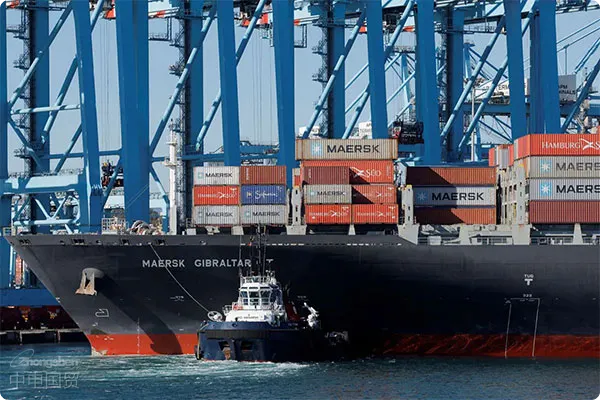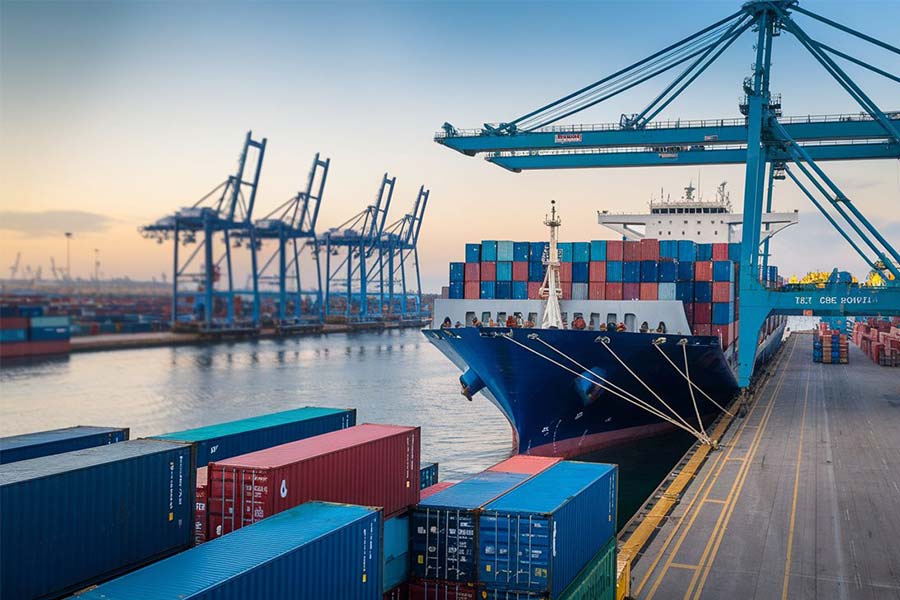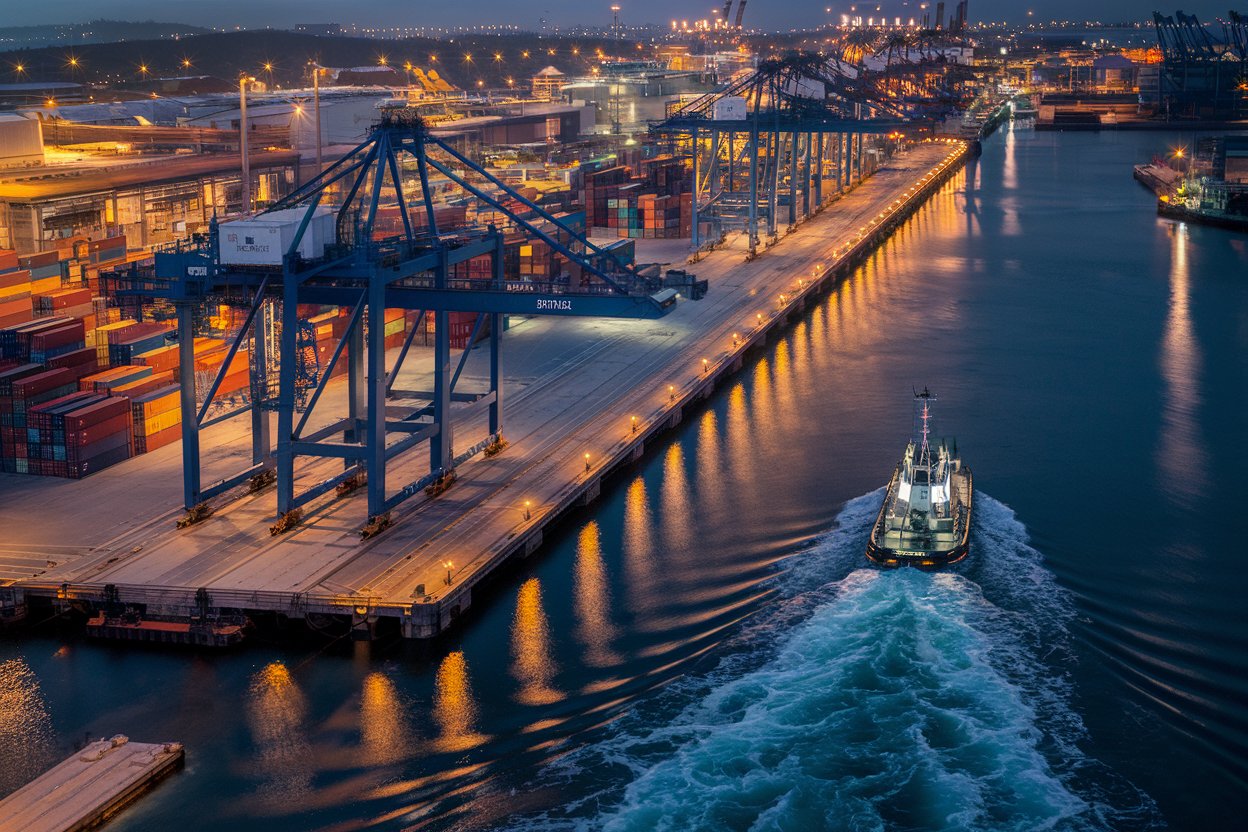- Shanghai Zhongshen International Trade Co., Ltd., with 20 years of experience in foreign trade import and export agency services.
- Service Hotline: 139 1787 2118

German imported cleaning supplies:Foreign tradeIn-depth exploration of the path
On the grand stage of global trade, German cleaning products are highly favored by the market for their superior quality and innovation. Importing cleaning products from Germany involves a series of complex yet well-structured procedures. Below, we will provide a detailed breakdown to help you smoothly embark on your import journey.
I. Challenges and Opportunities in the Context of International Trade
The current international trade landscape is undergoing rapid changes, with continuous adjustments to regional trade agreements and the resurgence of trade protectionism, all of which pose challenges to importing German cleaning products. On one hand, fluctuating tariffs directly impact costs, as some countries may impose high tariff barriers to protect their domestic cleaning product industries. On the other hand, non-tariff barriers, such as stringent quality standards and environmental requirements, further complicate the import process.
However, opportunities also exist. With the increasing global emphasis on environmental protection and health concepts, the demand for German cleaning products continues to grow due to their advantages in eco-friendly technology and ingredients. Meanwhile, the development of digital trade has made information access and transactions more convenient, reducing trade costs.
II. Professional Document Processing
Importing German cleaning supplies requires meticulous handling of documentation. First and foremost is the commercial invoice, which details the description, quantity, value, and other essential information of the goods, serving as a critical basis for customs clearance and settlement. The invoice content must be accurate and consistent with the actual goods.
The Bill of Lading (B/L), serving as both a document of title and evidence of the contract of carriage, requires careful consideration in its type selection.Ocean shippingThe Ocean Bill of Lading is suitable for maritime transportation, while the House Bill of Lading offers greater flexibility but also requires risk management.
The packing list clearly presents the packaging details of the goods, including the weight, dimensions, and quantity of each package, facilitating customs inspection and logistics arrangements. Additionally,Certificate of OriginThe Certificate of Origin (CO) serves as proof of the country of origin for goods and is essential when enjoying tariff preferential policies.
Our company has extensive experience in document processing, ensuring that all types of documents are prepared promptly and accurately. We meticulously verify every piece of information to avoid delays or fines caused by documentation errors. For instance, a client once imported a batch of cleaning supplies from Germany, where a minor discrepancy between the product specifications on the commercial invoice and the actual goods nearly led to detention during customs inspection. We promptly identified the issue, communicated with the supplier to make corrections, and successfully completed the customs clearance, thereby preventing losses for the client.
3. Efficient Logistics Arrangement
Transporting cleaning supplies from Germany to China can be done via sea freight orair freightOr land transportation. Sea freight has lower costs and is suitable for large-volume cargo shipments, but the transit time is longer. Air freight is faster, making it ideal for urgent or high-value goods, but the costs are higher. Land transportation is more convenient when shipping to neighboring countries bordering Germany.
Choosing the right freight forwarder is crucial. A good freight forwarder can not only provide reasonable transportation solutions but also handle various issues that may arise during the shipping process. During ocean freight, it's important to pay attention to the vessel schedule to avoid missing the optimal shipping time. Additionally, for goods like cleaning supplies that may involve special packaging requirements, ensure the packaging complies with shipping regulations to prevent damage to the cargo.
Our company has established long-term cooperative relationships with numerous internationally renowned freight forwarders, enabling us to select the optimal logistics solutions based on customer needs. For instance, for perishable cleaning products with shorter shelf lives, we prioritize air freight; for regular bulk shipments, we comprehensively consider shipping schedules and costs to save expenses for our clients.
IV. VTB in the Russian MarketForeign exchange settlementAdvantages
If some of the imported German cleaning products are sold in the Russian market, our company has unique advantages in foreign exchange settlement. VTB Bank is a major financial institution in Russia, and we have established a strong cooperative relationship with VTB Bank.
The foreign exchange settlement process generally proceeds as follows: After the goods are delivered, the exporter (i.e., our domestic importer, who acts as the exporter when selling to Russia) submits the relevant documents to the bank. Upon verifying the documents, the bank then disburses the payment to the exporter. Settling foreign exchange through VTB Bank is relatively straightforward, and the risks associated with exchange rate fluctuations are manageable. In trade with Russia, some banks may impose numerous restrictions on foreign exchange settlements due to political or economic factors. However, VTB Bank, with its stability and extensive business network, ensures smooth foreign exchange settlements. This provides strong support for our expansion into the Russian market, allowing us to import German cleaning products and resell them to Russia.
5. Southeast Asian MarketImport and exportProcess and Solution
If importing German cleaning products involves the Southeast Asian market, the import process is as follows:
The first step is market research and supplier selection. Countries in Southeast Asia have distinct preferences for cleaning products. For example, Singapore has a strong demand for eco-friendly cleaning supplies, while Indonesia prioritizes cost-effectiveness. Choosing the right supplier is crucial for success, requiring an evaluation of the supplier's reputation, product quality, and pricing.
After signing the contract, arrange for the transportation of goods. The Southeast Asia region has well-developed maritime shipping, with most goods being transported by sea. During the transportation process, it is important to pay attention to the regulations of the destination port, such as Port Klang in Malaysia, which has clear requirements for the arrival notice time of goods and document submission.
After the goods arrive at the destination port, customs clearance will be conducted. The customs clearance policies vary significantly among Southeast Asian countries. Thailand has relatively simpler procedures, but may impose strict restrictions on certain ingredients in special cleaning products; Vietnam, on the other hand, is more stringent in document review. Our company is well-versed in the customs clearance policies of Southeast Asian countries and can assist clients in preparing accurate customs clearance documents to ensure smooth clearance.
When exporting German cleaning products to the Southeast Asian market, it is essential to pay attention to local trade regulations and standards. For instance, the Philippines has detailed requirements for the labeling of imported cleaning products, which must include product ingredients, usage instructions, shelf life, and other information, all labeled in the local language. We will assist clients in adjusting product packaging and labels according to local requirements to meet market access conditions.
6. Product Certification Services
Importing cleaning products from Germany requires essential certifications. The EU has stringent REACH regulations for cleaning products, mandating the registration, evaluation, authorization, and restriction of chemicals. German products generally comply with these regulations, but when imported into China, they must also meet domestic standards such as the GB standards.
Although our company does not directly handle certification services, we inform clients of the required certifications and assist them in preparing the necessary documentation. We maintain close contact with professional certification bodies and can provide clients with accurate certification guidance. For example, there was a case where a client imported a new type of cleaning product from Germany but was unaware of the domestic testing requirements for disinfectant ingredients in such products. We promptly communicated with the certification agency to obtain detailed standards, then assisted the client in preparing samples and documents, ultimately completing the certification successfully.
In summary, importing German cleaning supplies requires leveraging professional documentation handling, efficient logistics arrangements, and market advantages while prioritizing product certifications amidst the complex landscape of international trade. WeZhong Shen International TradeWe are committed to providing you with wholehearted service, supporting your steady progress on the path of imports.
Recommended for You
? 2025. All Rights Reserved. Shanghai ICP No. 2023007705-2  Shanghai Public Network Security Record No. 31011502009912
Shanghai Public Network Security Record No. 31011502009912










